What books or works of art urge us to live inspired lives or serve the greater good? I immediately had two books come to mind: “Man’s Search for Meaning” by Holocaust survivor Viktor E. Frankl and, more recently, “Mountains Beyond Mountains: The Quest of Dr. Paul Farmer, a Man Who Would Cure the World” by Tracy Kidder. I asked several faculty members to share their favorites. Read on in the spirit of Pro Humanitate, and be inspired.
“Our Greatest Gift: A Meditation on Dying and Caring”
by Henri J.M. Nouwen
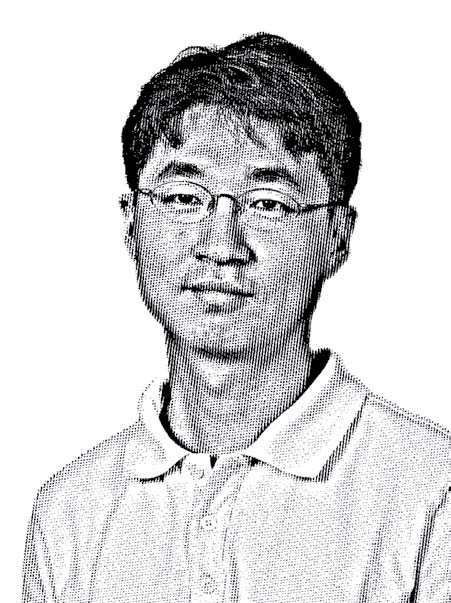 In a time in which death is often idolized or pathologized, how are we supposed to think about our own mortality? Henri J.M. Nouwen, a renowned Catholic priest, spent much of his ministry living with the poor in Peru and serving people with severe mental disabilities in the L’Arche Daybreak community in Toronto. As a professor, he also taught at the divinity schools of Harvard and Yale as well as the University of Notre Dame. In this book, Nouwen explains that even the dreadful fear of death can turn into a hopeful opportunity of gift and caring for others.
In a time in which death is often idolized or pathologized, how are we supposed to think about our own mortality? Henri J.M. Nouwen, a renowned Catholic priest, spent much of his ministry living with the poor in Peru and serving people with severe mental disabilities in the L’Arche Daybreak community in Toronto. As a professor, he also taught at the divinity schools of Harvard and Yale as well as the University of Notre Dame. In this book, Nouwen explains that even the dreadful fear of death can turn into a hopeful opportunity of gift and caring for others.
— Kevin Jung, associate professor of Christian ethics, School of Divinity
“On Obligations” or “On Duties”
by Marcus Tullius Cicero
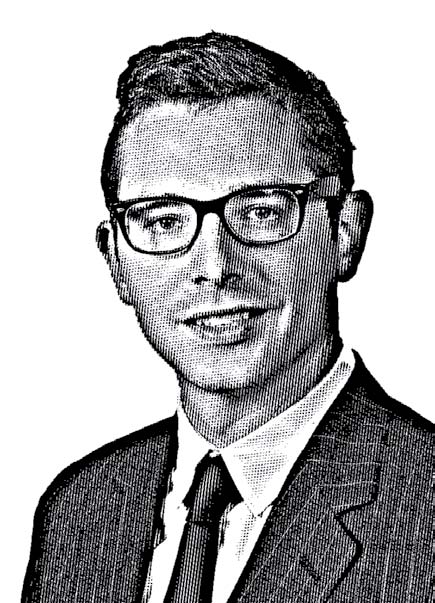 (Latin title: “De Officiis.” Recommended translation: P.G. Walsh)
(Latin title: “De Officiis.” Recommended translation: P.G. Walsh)
Cicero’s “On Obligations: De Officiis” investigates what is useful and virtuous, particularly in politics. Written in the year of Caesar’s assassination and the year before Cicero’s own, “On Obligations” reflects the urgency of a house divided and a belief that standards of goodness are tied to the integrity of the republic and its citizens. Against modern beliefs that wrap self-interest in a cloak of shabby virtue, Cicero’s Atlas does not shrug. Self-interest corrupts humanitas, says Cicero, who coined the term less as service per se than its internal prerequisite: appreciation of our common humanity, cultivated through the liberal arts.
— John Oksanish, assistant professor, Department of Classical Languages
“Out of My Life and Thought: An Autobiography”
by Albert Schweitzer
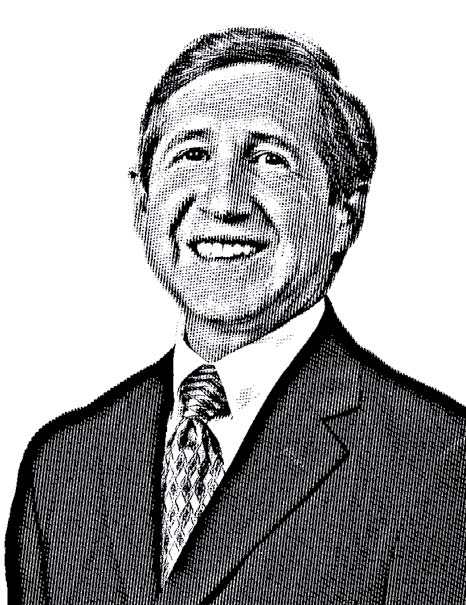 Pro Humanitate transcends time and place and is a commitment — intellectually, physically and spiritually — to elevating and enhancing humanity. Albert Schweitzer’s autobiography recounts how Schweitzer immersed himself in a life of service. In his twenties he was a leading European theologian and musical scholar of Bach. At 30, he stunned his colleagues by entering medical school and committing his life to service of the underserved as a physician in Lambaréné, Gabon, Africa. There he developed a reverence-for-life philosophy that still inspires the world. Schweitzer is a model of an ideal becoming a reality. He lived Pro Humanitate.
Pro Humanitate transcends time and place and is a commitment — intellectually, physically and spiritually — to elevating and enhancing humanity. Albert Schweitzer’s autobiography recounts how Schweitzer immersed himself in a life of service. In his twenties he was a leading European theologian and musical scholar of Bach. At 30, he stunned his colleagues by entering medical school and committing his life to service of the underserved as a physician in Lambaréné, Gabon, Africa. There he developed a reverence-for-life philosophy that still inspires the world. Schweitzer is a model of an ideal becoming a reality. He lived Pro Humanitate.
— Samuel T. Gladding (’67, MAEd ’71, P ’09), chairman and professor, Department of Counseling
“God Has a Dream: A Vision of Hope for Our Time”
by Desmond Tutu
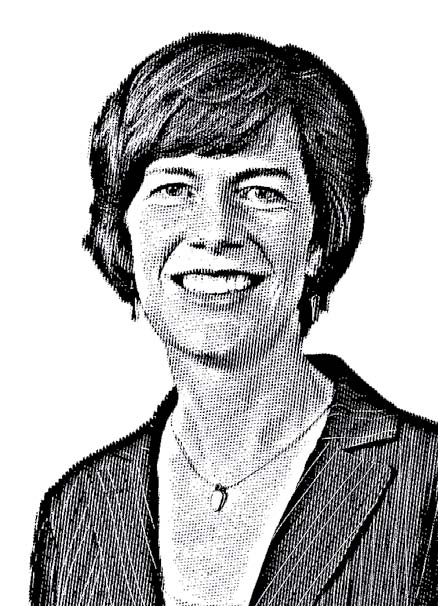 In this inspiring and wonderfully practical book, Desmond Tutu generously shares his life experience — in politics, parenting and prayer — as a testament to our role in furthering God’s dream of transfiguring the world. Tutu demonstrates that we can overcome a culture that worships material success and violence by embracing reconciliation, humility and love. He assures us that a vision of hope is not “an airy fairy notion,” unconnected to power politics. From his own experience as a peacemaker, Tutu shows that our actions can eventually overcome oppression in all its guises. He writes, “All of our humanity is dependent on recognizing the humanity in others.”
In this inspiring and wonderfully practical book, Desmond Tutu generously shares his life experience — in politics, parenting and prayer — as a testament to our role in furthering God’s dream of transfiguring the world. Tutu demonstrates that we can overcome a culture that worships material success and violence by embracing reconciliation, humility and love. He assures us that a vision of hope is not “an airy fairy notion,” unconnected to power politics. From his own experience as a peacemaker, Tutu shows that our actions can eventually overcome oppression in all its guises. He writes, “All of our humanity is dependent on recognizing the humanity in others.”
— Sarah Kenyon Lischer, associate professor, Department of Politics and International Affairs
“Surprised by Hope: Rethinking Heaven, the Resurrection, and the Mission of the Church”
by N.T. Wright
“Run with the Horses: The Quest for Life at Its Best”
by Eugene H. Peterson
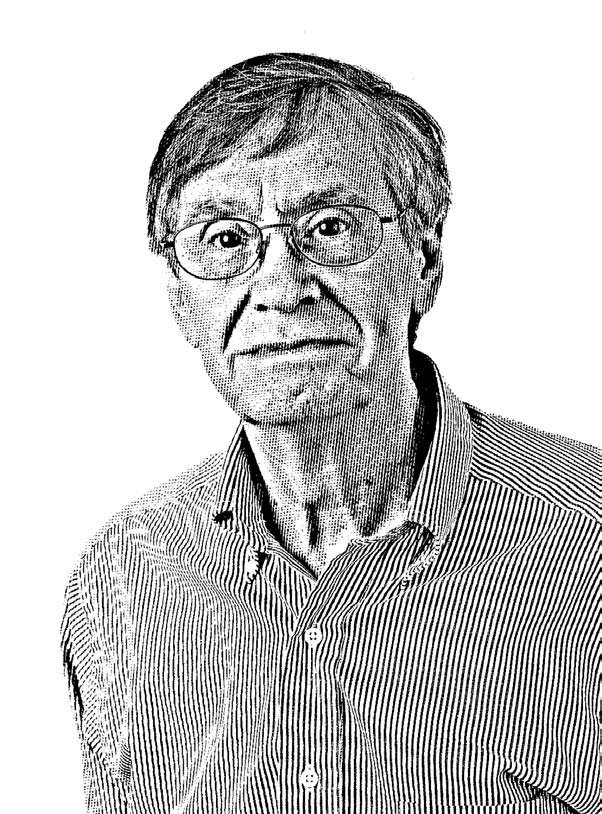 Humanity is the one species that is not simply about survival. Not even health and pleasures are enough. Without inspiration and hope our lives devolve into routine activities — which has provoked the questions: Are we “running away from death” or “seeking greater wisdom, deeper piety?” Two provocative responses: “Surprised by Hope” (N.T. Wright) and “Run with the Horses” (Eugene H. Peterson). For Wright, a renowned biblical scholar, healing and hope are essential for addressing the human need for ultimate meaning and purpose. Peterson, inspired by Jeremiah, addresses the “thirst for wholeness” that motivates the love of wisdom and self-knowledge.
Humanity is the one species that is not simply about survival. Not even health and pleasures are enough. Without inspiration and hope our lives devolve into routine activities — which has provoked the questions: Are we “running away from death” or “seeking greater wisdom, deeper piety?” Two provocative responses: “Surprised by Hope” (N.T. Wright) and “Run with the Horses” (Eugene H. Peterson). For Wright, a renowned biblical scholar, healing and hope are essential for addressing the human need for ultimate meaning and purpose. Peterson, inspired by Jeremiah, addresses the “thirst for wholeness” that motivates the love of wisdom and self-knowledge.
— Charles M. Lewis (’63, P ’13), professor and A.C. Reid Distinguished Teaching Fellow, Department of Philosophy
“Living a Life That Matters: Resolving the Conflict Between Conscience and Success”
by Harold S. Kushner
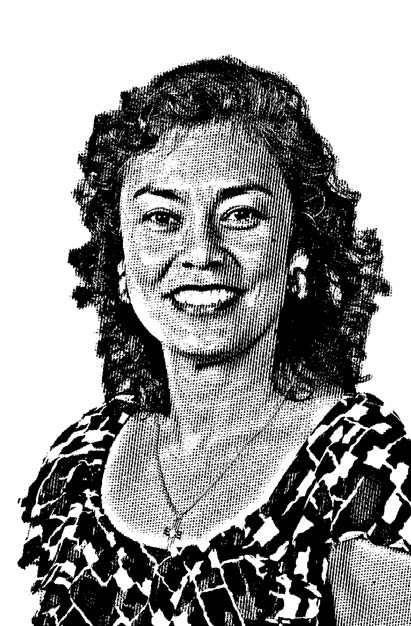 I was struggling to make sense of the 9/11 tragedy and feeling overwhelmed by the uncertainty of life. This book helped me identify the real issue that was bothering me — was I living a life that truly mattered? Kushner, a rabbi, shares the tensions he has observed in individuals’ quest to be significant — selfishness vs. charity, competition vs. compassion and dishonesty vs. integrity. He reminds us that these inner conflicts are an inherent part of the human experience. However, he also inspires the reader that others don’t have to lose for you to win and that you don’t have to do great things to matter to the world. “Everyone who puts in an honest day’s work, everyone who goes out of their way to help a neighbor, everyone who makes a child laugh, changes the world for the better.”
I was struggling to make sense of the 9/11 tragedy and feeling overwhelmed by the uncertainty of life. This book helped me identify the real issue that was bothering me — was I living a life that truly mattered? Kushner, a rabbi, shares the tensions he has observed in individuals’ quest to be significant — selfishness vs. charity, competition vs. compassion and dishonesty vs. integrity. He reminds us that these inner conflicts are an inherent part of the human experience. However, he also inspires the reader that others don’t have to lose for you to win and that you don’t have to do great things to matter to the world. “Everyone who puts in an honest day’s work, everyone who goes out of their way to help a neighbor, everyone who makes a child laugh, changes the world for the better.”
— Melenie Lankau, senior associate dean of MBA Programs and Diversity and associate professor of leadership and organizational behavior, School of Business
“Rainbow Round My Shoulder”
choreographed in 1959 by Donald McKayle
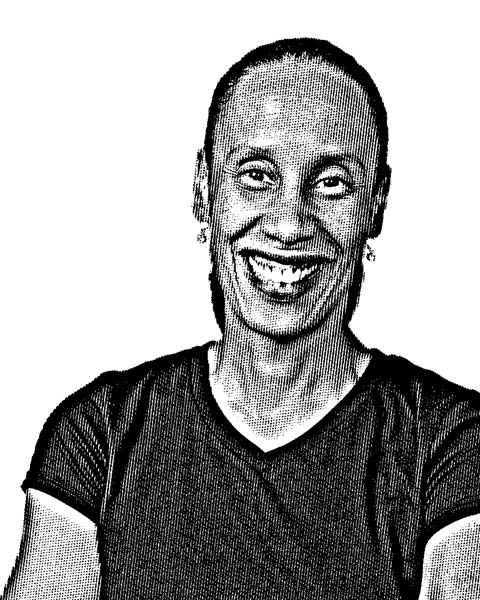 In the 1959 modern dance classic “Rainbow Round My Shoulder,” Donald McKayle dramatizes a narrative story inspired by the rhythms and music of the Southern Negro chain gangs. He takes the audience inside the world of a prison where they witness the pain, anger, hopes and desires of men. “Rainbow” is a protest dance, universal in scope, and represents a historically and regionally specific point of view about prisons, politics and people. “My work has always been concerned with humanity, in one way or another,” states McKayle, a humanist and compassionate choreographer, in Richard A. Long’s “The Black Tradition in American Modern Dance” in 1989. “Basically, I feel the beauty in man is in his diversity and in his deep inner feelings.”
In the 1959 modern dance classic “Rainbow Round My Shoulder,” Donald McKayle dramatizes a narrative story inspired by the rhythms and music of the Southern Negro chain gangs. He takes the audience inside the world of a prison where they witness the pain, anger, hopes and desires of men. “Rainbow” is a protest dance, universal in scope, and represents a historically and regionally specific point of view about prisons, politics and people. “My work has always been concerned with humanity, in one way or another,” states McKayle, a humanist and compassionate choreographer, in Richard A. Long’s “The Black Tradition in American Modern Dance” in 1989. “Basically, I feel the beauty in man is in his diversity and in his deep inner feelings.”
— Nina Maria Lucas, director of the Dance Program and associate professor, Department of Theatre and Dance


